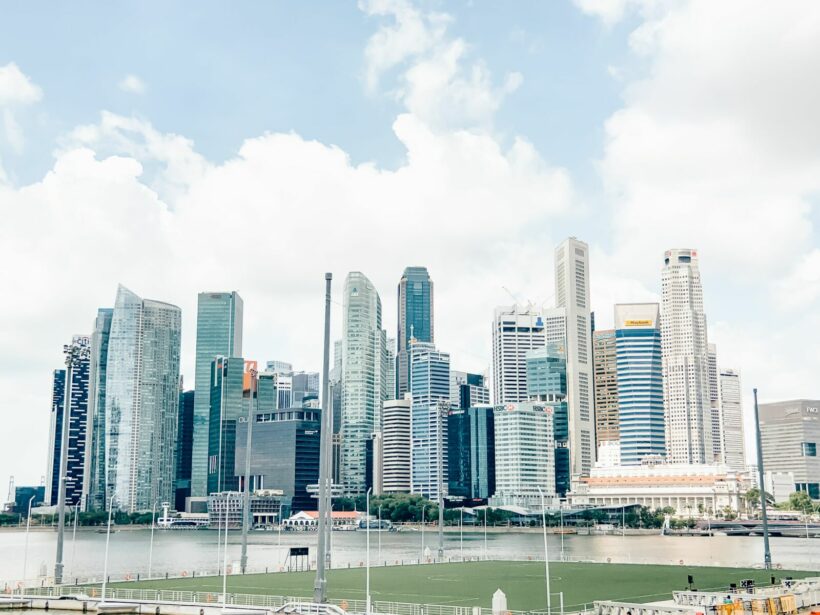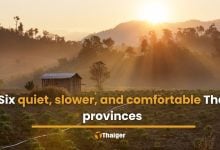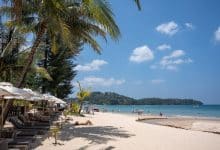Singapore home sales down 22%, as expat workforce hits 12-year low

Home sales in Singapore have fallen to their lowest rate in nearly 2 years, as cooling policies and rising property taxes slowed the residential market. The number of foreign white-collar professionals working in the city-state has also reached a 12-year low.
The poor property sales reflect a lack of consumer confidence after the Singapore government raised taxes on high-end residences in February and strove to cool a spike in property prices last year, according to a report by the Bangkok Post.
Last month, the number of new private condominiums sales dropped to 527 units. That’s 22% lower than the previous month’s sales of 680 units, and the weakest since May 2020, when 487 apartments were sold.
The property sales could be impacted as Ukraine and Russia conflict stirs global markets and drives up consumer prices, according to Christine Sun, the senior vice president of research and analytics at OrangeTee & Tie. In February, only 1 project was launched, because of lesser activity over the Lunar New Year celebrations. She said…
“Sales take up was notably slower last month as buyers were more cautious and stayed on the sidelines. Real estate is a highly sentiment-driven market.”
However, Singapore’s residential property market has remained steady during the pandemic, with sales and prices exceeding expectations despite viewing limitations — a trend seen in other countries across the globe.
To ensure affordability for new Singaporean buyers, policymakers introduced residential property regulations in December. Measures include higher stamp taxes for second-time house buyers and foreigners buying private properties, as well as tougher lending restrictions.
Meanwhile, the number of white-collar expats working the city-state have fallen to the lowest since 2010, according to figures released by the Ministry of Manpower on Wednesday.
As of December 2021, there were some 161,700 foreign professionals holding the Employment Pass, representing a 9% reduction from the previous year, and the lowest number since 2010’s 143,300, according to the ministry’s website.
However, the Bangkok Post points out that the trend could swing the other way, as Singapore shifts to a living-with-covid strategy, while similarly-sized Hong Kong continues implementing a strict “zero covid” policy and infections peek under the latest Omicron wave.
SOURCE: Bangkok Post
Latest Thailand News
Follow The Thaiger on Google News:



























